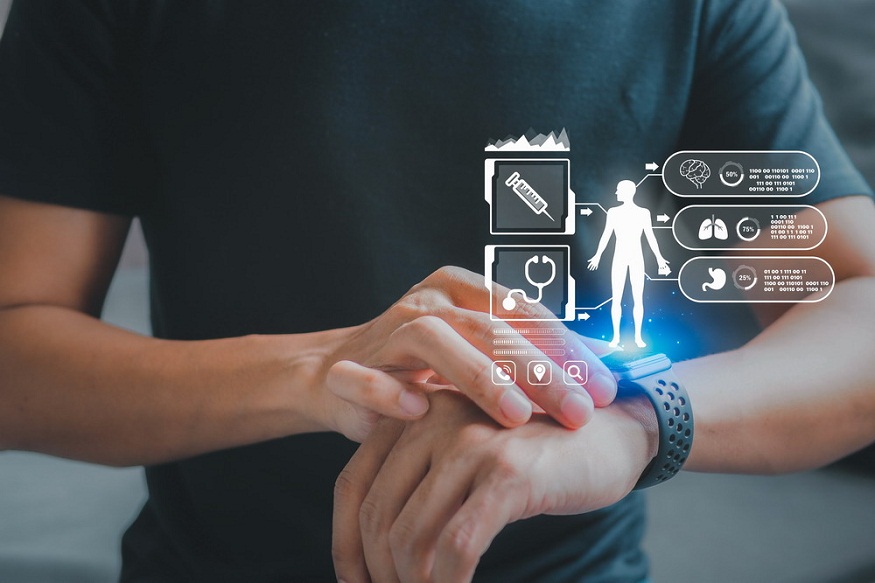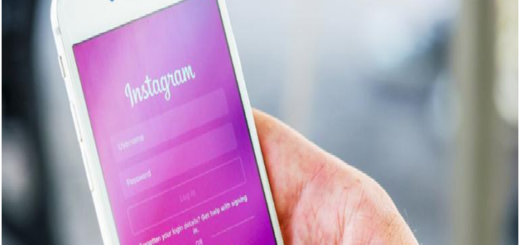How Technology is Changing Everyday Life

Technology evolves quickly, continuously transforming how people communicate, access information, purchase goods, manage health and even define communities. Innovations that were once unimaginable become indispensable fixtures of daily routines at home and work in a few years. While tech saturation brings convenience, this rapid integration also shifts social norms, commercial markets and infrastructure needs in amplifying ways. Examining emerging digital experiences offers insight into technology’s role in shaping everyday life.
Redefining Social Connection
Communication channels multiply rapidly, restructuring personal interactions. Messaging apps like WhatsApp or WeChat replace telephone calls and texts for over 3 billion users globally. Video chat services like Zoom or FaceTime enable face-to-face conversations across continents, changing how people build relationships and share moments despite physical separations.
Social platforms form communities around niche interests, hobbies and identities, connecting users more widely than neighborhood and workplace proximity allowed before the internet. Digital environments also facilitate new intimate connections through online dating, expanding romantic access beyond traditional geographically limited social circles. Regardless of intent, technology forever changes and expands the nature of interpersonal information exchange.
Revolutionizing Commerce
Shopping likewise transforms through tech infiltration as e-commerce claims over 20% of retail sales. Same-day delivery unlocks impulse buying without trips to physical stores, especially for younger digital native consumers. Augmented and virtual reality allows visually experiencing products from the comfort of home before purchase, reducing return friction. Voice assistants even replace typing for convenient product reordering using saved household staples preference profiles, connecting Internet of Things appliances directly into commercial ecosystems through pattern learning.
Cryptocurrencies based on blockchain decentralization simplify financial transactions across borders, albeit not without volatility. While promising efficiencies in cost and convenience, virtualized commerce strains many physical stores and sales or service jobs previously dependent on brick-and-mortar markets. Technologies make buying faster, yet risk depersonalizing shopping’s rich social ritual aspects evolved over centuries.
Quantifying Personal Data
The experts at Blues IoT say that wearable cellular IoT devices now quantify fitness tracking and health vitals for diagnostics or insurance incentives. Genetic testing informs ancestry while storing biological data. As digital footprints follow people across the internet, data profiles enable customized advertising. Persistent surveillance risks normalizing privacy erosion. But personalized recommendations and location-based conveniences also emerge. Technology gathers intimate user details across domains, with mixed outcomes in terms of benefits and risks based heavily on how such data gets utilized and protected given people often underestimate surrendering privacy similarly to environmental cost externalities.
Automating Tedious Tasks
Homes and workplaces increasingly integrate smart assistants handling everyday tasks. Networked sensors monitor conditions autonomously to optimize efficiency. Cleaning robots maintain floors with little effort. Voice commands replace typing for information lookups or device controls. Autofill predicts search terms, travel routes and product suggestions tailored around personal patterns. Delegating mundane tasks to technology affords more meaningful endeavors. Nevertheless, these systems require data flows that track user behaviors, again raising data privacy considerations.
Reimagining Entertainment
Entertainment modernizes dramatically as well through on-demand video streaming, augmented reality gaming, algorithmically personalized playlists and immersive virtual worlds promising digital escapism beyond physical reality’s constraints. Social networks birth viral memes engaging millions. But some researchers observe Indications of declining attention spans and critical thinking skills accompanying information overload and distraction risks as devices dominate daily attention. Moderation is becoming increasingly important given entertainment’s alluring qualities and psychological impacts.
Conclusion
The digital revolution continues reshaping daily life at an unprecedented pace. Rather than passive acceptance or wholesale rejection of new technologies, the path forward lies in thoughtful adoption; embracing tools that genuinely enhance human experience while establishing boundaries that preserve our essential values and relationships. Successfully managing this shift requires us to control how technology integrates into our lives.



